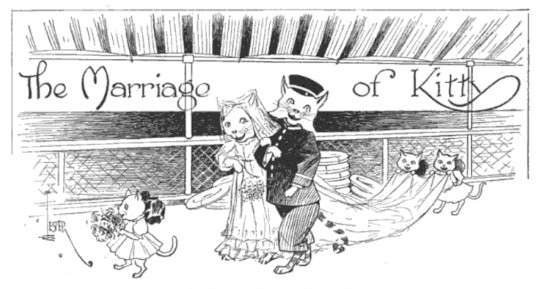Jean-Luc Godard? Roger Ebert? Gene Siskel? Nancy O’Higgins? Apocryphal

Question for Quote Investigator: An influential film critic decided to become a filmmaker. Here are four versions of the explanation provided by the critic for this notable transformation:
1. Instead of writing criticism, I make a film.
2. The only way to criticize a movie is to make another movie.
3. The best way to criticize a movie is to make another movie.
4. If you mean to criticize a movie, make another movie.
These statements have all been attributed to French auteur Jean-Luc Godard. Did he deliver any of these remarks? Would you please explore this topic?
Reply from Quote Investigator: During the 1950s Jean-Luc Godard penned critiques of films. In 1960 he released his first feature-length film titled “À bout de souffle” (“Breathless”). The journal “Cahiers du Cinéma” (“Cinema Notebooks”) published an issue dedicated to “Nouvelle Vague” (“New Wave“) cinema in 1962 which included an interview with Godard. Here is an excerpt in French followed by an English rendition. Boldface added to excerpts by QI:1
En tant que critique, je me considérais déjà comme cinéaste. Aujourd’hui je me considère toujours comme critique, et, en un sens, je le suis plus encore qu’avant. Au lieu de faire une critique, je fais un film, quitte à y introduire la dimension critique. Je me considère comme un essayiste, je fais des essais en forme de romans ou des romans en forme d’essais : simplement, je les filme au lieu de les écrire. Si le cinéma devait disparaître, je me ferais une raison : je passerais à la télévision, et si la télévision devait disparaître, je reviendrais au papier et au crayon.
As a critic, I already considered myself a filmmaker. Today I still consider myself a critic, and in a way I am even more so than before. Instead of writing criticism, I make a film, even if it means introducing the critical dimension into it. I consider myself an essayist, I do essays in the form of novels or novels in the form of essays: I simply film them instead of writing them. If the cinema were to disappear, I would accept the change and switch to television, and if television were to disappear, I would return to paper and pencil.
Thus, the first statement mentioned within the inquiry above was employed by Jean-Luc Godard in French in 1962. The other three statements have each been attributed to Godard by Chicago film critic Roger Ebert starting in the 1970s. See the detailed citations presented further below.
QI conjectures that Ebert’s versions of Godard’s remark were derived directly or indirectly from the 1962 interview. Yet, it remains possible that Godard made a remark in French that closely matched one of Ebert’s instances which QI has not yet discovered. Future researchers may clarify the situation.
Here are additional selected citations in chronological order.
Continue reading “Quote Origin: Instead of Writing Criticism, I Make a Film”





